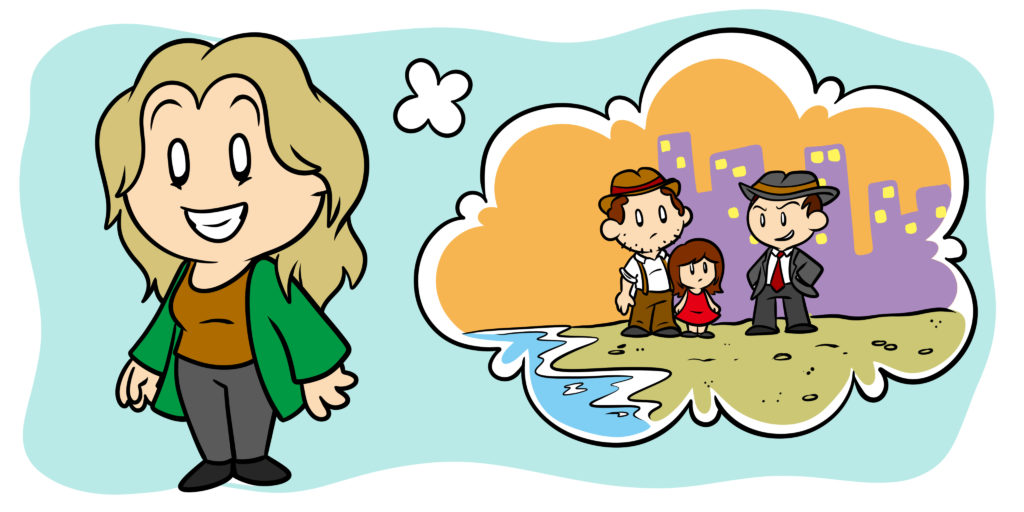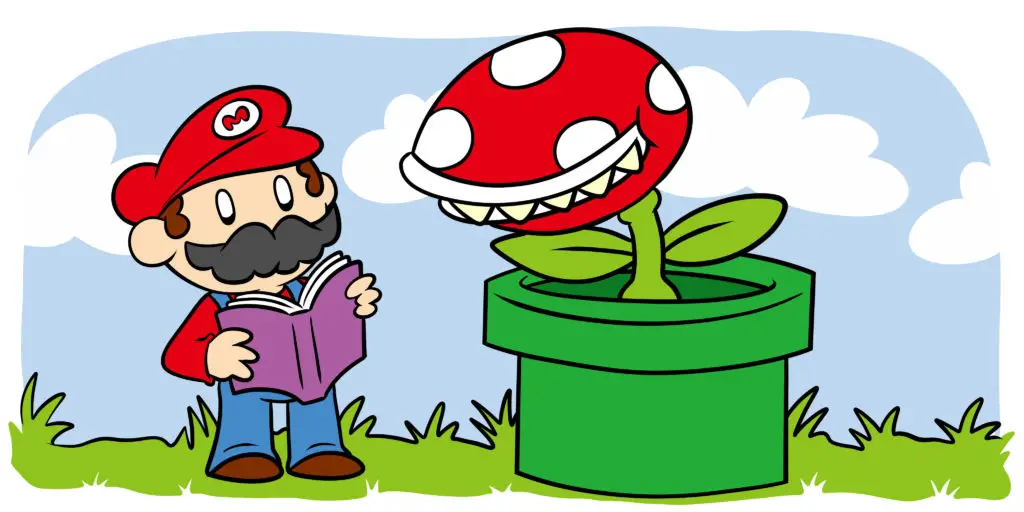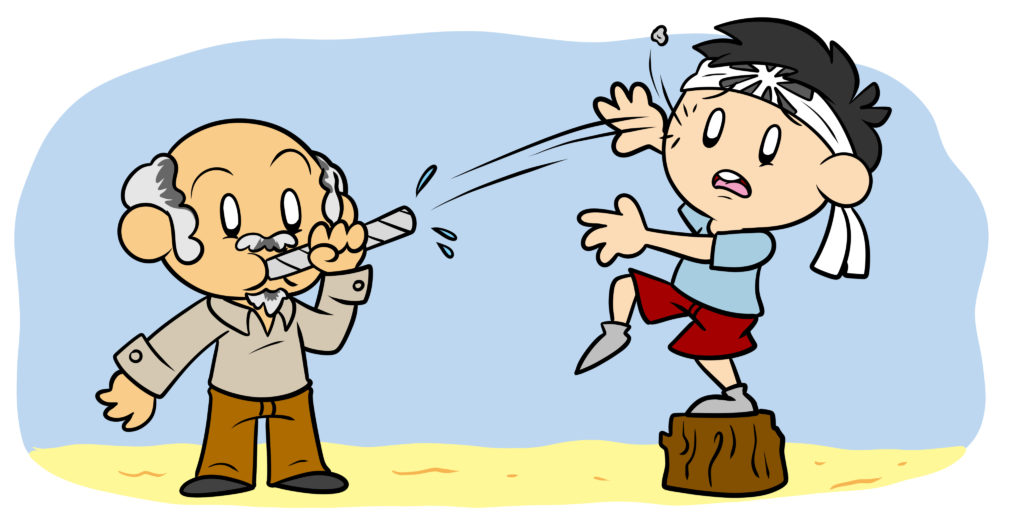
5 Things Jennifer Egan Can Teach You About Writing
When Jennifer Egan won the Pulitzer Prize for A Visit from the Goon Squad in 2011, it was many readers’ first time hearing her name. Known previously for her 2006 novel The Keep and her earlier, less well-known works Emerald City, The Invisible Circus, and Look at Me, Egan was propelled into well-earned literary stardom


